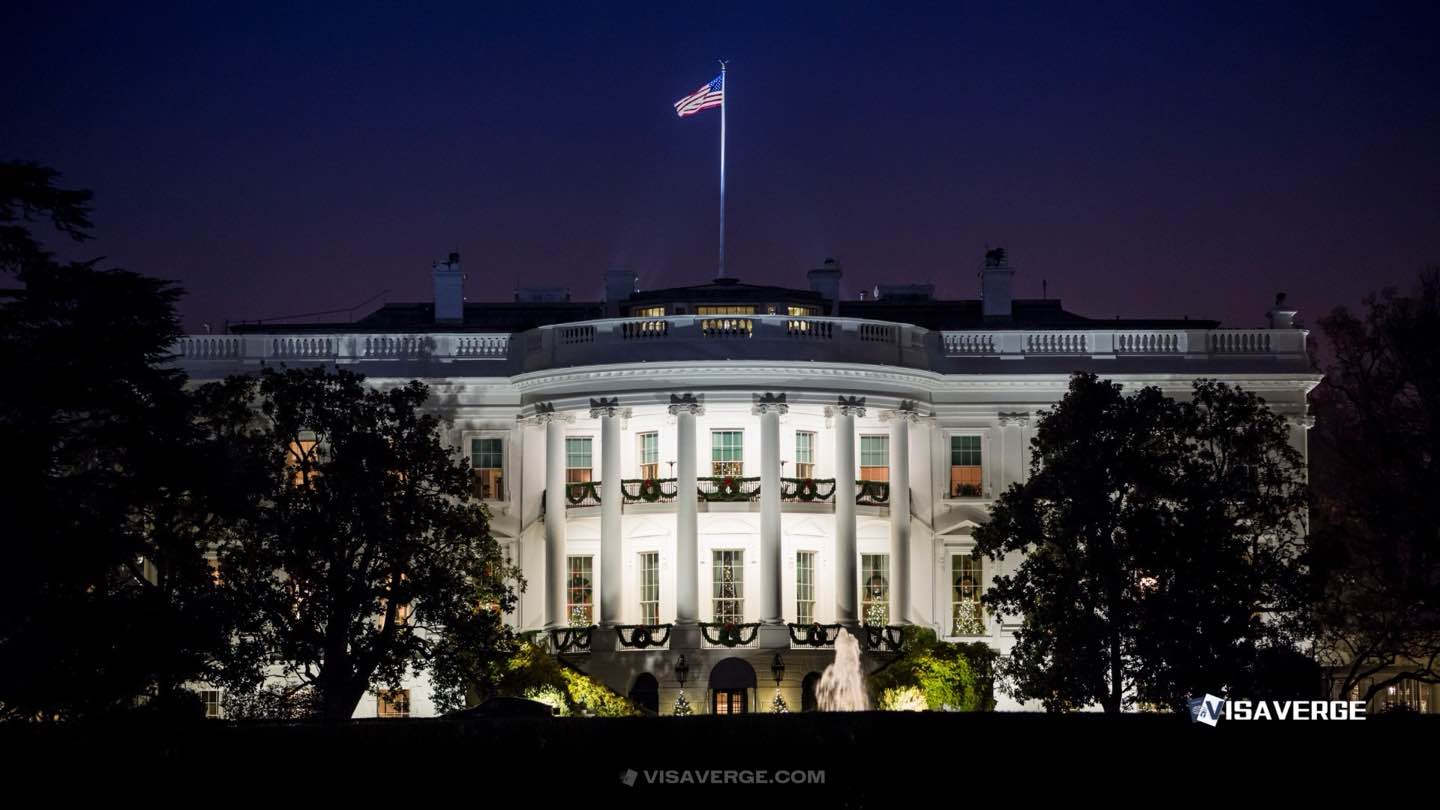(LOS ANGELES) The fight over federal immigration “roving patrols” has reached the U.S. Supreme Court, where the Trump administration is asking justices to lift court-ordered limits on street stops and mass sweeps across Southern California. The emergency petition, filed August 7, 2025, seeks to pause a lower court ban that bars immigration agents from stopping, detaining, or arresting people without individualized, reasonable suspicion of unlawful status.
At the heart of the case is an order from U.S. District Judge Maame Ewusi-Mensah Frimpong, issued July 11, 2025, after weeks of reports about aggressive enforcement tactics in Los Angeles and seven surrounding counties. The ruling—left in place by the Ninth Circuit on August 1, 2025—prohibits “roving patrols” and blocks the use of race, ethnicity, language, location, or employment status, alone or combined, as grounds for suspicion. The Trump administration told the Court that these limits “threaten to upend immigration officials’ ability to enforce the immigration laws in the Central District of California by hanging the prospect of contempt over every investigative stop.”

Civil rights groups, including Public Counsel and the ACLU, are urging the justices to keep the restrictions in place. They argue the administration’s tactics amount to racial profiling and violate the Fourth Amendment’s guard against unreasonable searches and seizures. They also say the policy stokes fear in Latino neighborhoods, where families report skipping work, school, and medical visits because they worry any trip outside the home could lead to an encounter with agents.
How the case reached the high court
The legal path moved quickly:
- July 11, 2025 — Judge Frimpong barred suspicionless stops and arrests by ICE and Border Patrol in the region.
- August 1, 2025 — The Ninth Circuit declined to lift the order.
- August 7, 2025 — Justice Department lawyers filed an emergency application asking the U.S. Supreme Court to let roving patrols resume while appeals continue.
As of August 15, 2025, the justices had not ruled; the lower court’s limits remain in force.
The appeal arrives amid President Trump’s renewed push for mass deportations—an idea prominent in his 2024 campaign and reiterated in early policy statements this term. The administration has discussed goals such as 3,000 arrests per day and up to one million deportations per year, which provoked sharp responses from local leaders and immigrant groups. Government lawyers now say there are no formal quotas, even as enforcement teams scaled up operations in spring and early summer.
While the administration frames the limits as a barrier to core duties, the courts have flagged constitutional concerns. The district court found substantial evidence that people were being detained based on appearance, language, or presence in certain neighborhoods, rather than on specific facts about immigration status. The Ninth Circuit left that finding undisturbed for now, saying oversight is needed while full appeals are briefed.
What’s at stake for Southern California communities
If the U.S. Supreme Court sides with the administration:
- Agents could restart broad street patrols and checkpoint-style operations across one of the nation’s largest immigrant regions.
- The decision could set a national precedent, encouraging similar tactics elsewhere and potentially narrowing Fourth Amendment protections for millions.
If the Court leaves the limits in place:
- It would reinforce that immigration enforcement must follow the same rules as other policing: no stops without clear, case-specific reasons.
For families, the difference affects daily life:
- Under the current order, parents say they feel safer driving kids to school or visiting clinics.
- Workers report returning to job sites they avoided in July.
- Community groups remind people of basic rights:
- You can ask if you are free to leave.
- You can decline to answer questions about birthplace.
- You can request a lawyer before signing anything.
The case also tests the line between federal power and judicial oversight. In the recent Trump v. CASA decision on June 27, 2025, the Court limited broad, nationwide injunctions against federal policies but did not resolve the deeper constitutional issues tied to stops and searches. This dispute brings those questions forward:
- What facts must officers have before they stop someone?
- Can language or neighborhood ever count toward suspicion?
The district court said no; the administration argues those limits go too far.
Legal and practical details of the order
Key provisions of the district court order include:
- Bars agents from using appearance, language, location, or job site alone—or even together—as grounds for a stop.
- Prohibits detentions based on an area’s demographic patterns.
- Does not block targeted arrests based on warrants or specific case leads; it specifically stops dragnet-style patrols.
Practical examples the order affects:
- Speaking Spanish in a Latino neighborhood cannot, by itself, trigger a stop.
- Standing outside a day-labor center or leaving a factory in a known raid zone cannot, by itself, justify detention.
Broader implications and reactions
Observers note the stakes go beyond legal theory:
- The region’s mixed-status families include U.S. citizen children, green card holders, DACA recipients, and undocumented people living together. A roadside stop can separate a parent from a child for days; a workplace sweep can leave families without income overnight.
- Faith leaders and school officials report each rumor of a sweep triggers waves of absences and canceled plans.
- Local police worry about trust: when residents fear that basic interactions could lead to detention, crime reporting falls and witnesses stay silent.
Analysts say the outcome could shape how far ICE and Border Patrol can go in street-level enforcement nationwide. Advocates warn that a win for the administration would embolden agents to conduct large sweeps in other cities with large immigrant populations.
Arguments from both sides
The Justice Department’s filing urges the Court to act quickly, arguing:
- The current ban leaves officers guessing about what counts as “reasonable suspicion.”
- The order chills routine work and hampers enforcement.
Civil rights lawyers respond that:
- The reasonable-suspicion standard is well known across American policing.
- Immigration agents must follow the same constitutional rules as other law enforcement.
- The order does not prevent targeted arrests; it prevents dragnet operations.
“The order bars agents from relying on appearance, language, location, or job site alone—or together—as grounds for a stop.”
This is central to the district court’s approach to protecting Fourth Amendment rights.
Enforcement, compliance, and next steps
Some court watchers ask whether the administration will comply if the Supreme Court leaves the ban in place. Past clashes have led to tense standoffs, though federal agencies have generally followed court orders in the end. Any sign of noncompliance would likely produce additional litigation and possible contempt motions.
Filings and any orders in the case are posted on the Supreme Court’s official website: https://www.supremecourt.gov/. A decision could come in days or weeks, depending on whether the justices request more briefing or refer the matter to the full Court for a written opinion.
Until the Court rules, the rules are clear in Los Angeles and seven neighboring counties:
- Immigration agents cannot conduct roving patrols.
- Agents cannot make stops without individualized suspicion.
- Agents cannot use race, ethnicity, language, location, or employment status as shortcuts for suspicion.
The next word belongs to the justices—and whatever they decide will ripple far beyond Southern California.
This Article in a Nutshell
Supreme Court consideration of roving patrols pits federal enforcement goals against Fourth Amendment protections. Judge Frimpong’s July 11 order halted suspicionless stops in Southern California. The administration seeks rapid relief, citing enforcement needs; civil rights groups warn of racial profiling and community fear if broad street operations resume nationwide.







